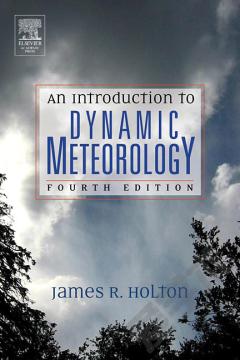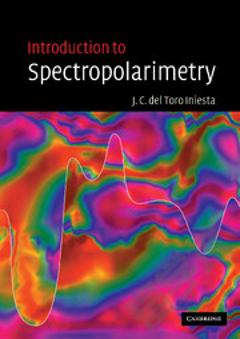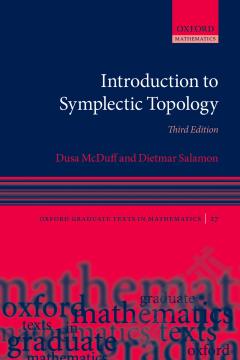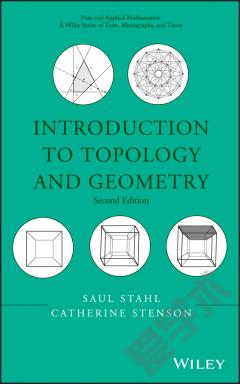Introduction To The Anisotropic Geometrodynamics
The aim of the book is to provide a new and fruitful approach to the challenging problems of modern physics, astrophysics, and cosmology. The well-known observations of the flat rotation curves of spiral galaxies and of the gravitational lensing effect greatly exceeding the expectations based on the classical GRT can be explained without bringing in the notion of dark matter. The Tully-Fisher law and the unusual features of globular clusters' motion then become clearer. It also turns out that new features appear in the cosmological picture that involves the Universe expansion and acceleration.The theory and the first observational results of the specific galactic scale experiment based on the optical-metrical parametric resonance are also discussed in the book. Instead of the direct measurements of the extremely small gravitational waves, it appears sufficient just to register their action on the radiation of the space masers for special cases when the source of the gravitational wave is strictly periodic and presents a close binary system. When the amount of data obtained in such observations is large enough, it would be possible to judge upon the geometrical properties of the space-time region enveloping our galaxy, the Milky Way.The foundations of the new approach stem from the equivalence principle which is the basics of the classical GRT. In order to make the presentation self-contained, the roots of century-old ideas are discussed again. This makes the book interesting not only to the specialists in the field but also to graduates and ambitious undergraduate students.
{{comment.content}}








 京公网安备 11010802027623号
京公网安备 11010802027623号